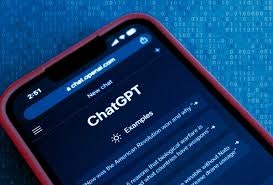
Unlike standard ChatGPT, Study Mode employs Socratic teaching methods, asking students probing questions and building exchanges that work toward answers collaboratively rather than providing immediate responses. The company developed the tool after consulting with pedagogy experts from more than 40 educational institutions.
"We can begin to close the gap between those with access to learning resources and high-quality education and those who have been historically left behind," said Leah Belsky, OpenAI's head of education.
Initial testing involved students from Princeton University, the University of Pennsylvania's Wharton School, and the University of Minnesota. Test participants reported positive experiences with the tool's ability to check understanding and adapt to individual learning pace.
Study Mode faces significant limitations that education experts warn could undermine its effectiveness. The tool uses the same underlying large language model as regular ChatGPT, which was trained on vast amounts of internet content including unreliable sources.
"This AI tutor, therefore, more resembles what you'd get if you hired a human tutor who has read every required textbook, but also every flawed explanation of the subject ever posted to Reddit, Tumblr, and the farthest reaches of the web," according to analysis of the tool's capabilities.
The system cannot distinguish between accurate academic information and misinformation, potentially teaching students incorrect approaches or fabricated material. OpenAI confirmed that Study Mode is not limited to specific subjects and can discuss any topic normally available through ChatGPT.

















